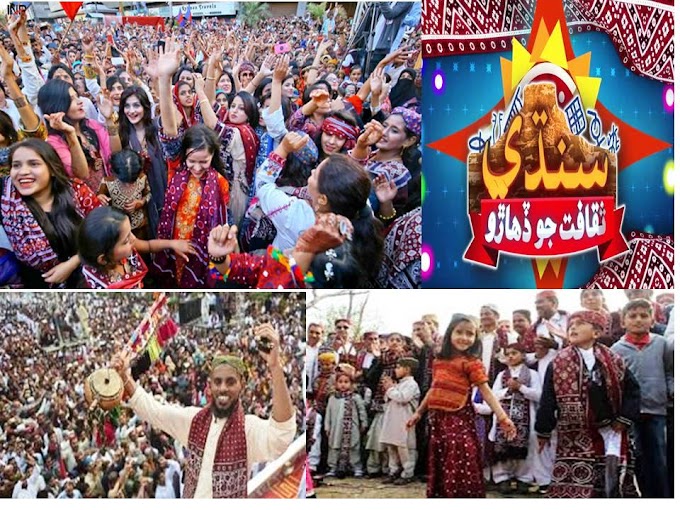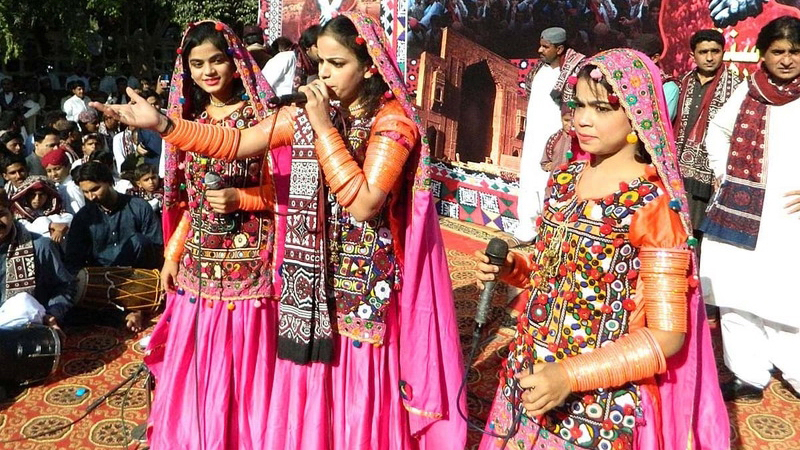

This antagonized many Muslims, who now lost their monopoly of top jobs. He gave more and more top jobs to the Hindus. Akbar initiated the policy of religious toleration. Ironically enough, this pro-Hindu situation changed during the Mughal period. Syed reject the ``Arab Chhaap Islam'' they would obviously like to have the ``Sindhi-Chhaap Islam'' that very much prevailed until the late Mughal times. Hamilton, who visited Sindh in the eighteenth century, recorded that until a century earlier, the Hindu population had been ten times the Muslim population. Even when converted, they remained more Sindhi than Muslim. Even the Arabs visiting Sindh - which is about all the Hind that they knew - were so Sindhized that, on return home, they were told: ``O returner from Hind, renew thy faith.'' The Sammas and the Soomras, who were native chiefs, ruled for 500 years. For example, they decided that saying 'Talaq, Talaq'' twice together would be counted as one and not two. They even moderated the harsh Muslim law. ``The day of wedlock,'' they said, ``is more important than a thousand years of roza and namaz.'' They dispensed with the Arab practice of female circumcision. The new Muslims adorned their graves with the old lingas and yonis and offered them incense and flowers.

However, before long, the mischief had been contained. When Islam came to India, it had staged the usual scene of murder, loot and rape. Lambrick, ICS, has observed: ``There is something in the air of Sindh which blurs the frontiers of ordinarily opposed creeds.'' All fanaticism becomes foreign to their nature. This has made them easy citizens of the world. Added to the profundities of their ancestral faith, they have faced waves of foreigners and they themselves have travelled far and wide for trade. As a wit put it: ``The Sindhi rule of the thumb is to do whatever is convenient and profitable.'' Their varied experience over the ages has given them a certain flexibility that makes for survival, even if not for glory. The people are eclectic: not very profound, but very practical. And yet, because of local factors, it has a flavour of its own. And Sindhi culture is an integral part of the great Indian culture.

SlNDHI SOCIETY is an integral part of the great Indian society.


 0 kommentar(er)
0 kommentar(er)
